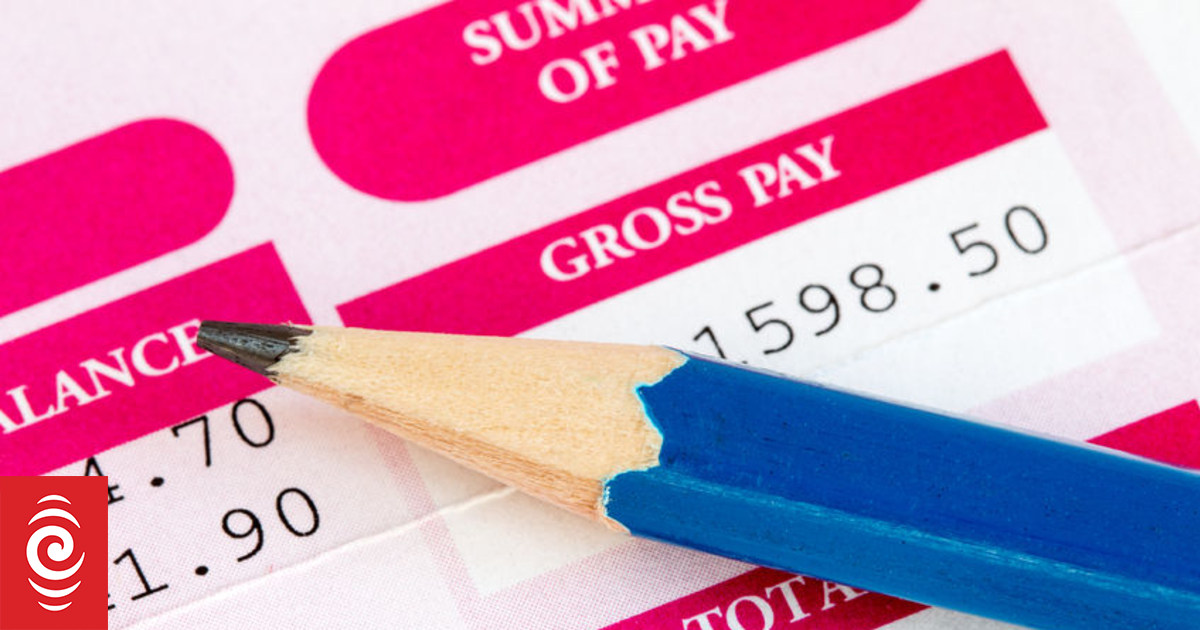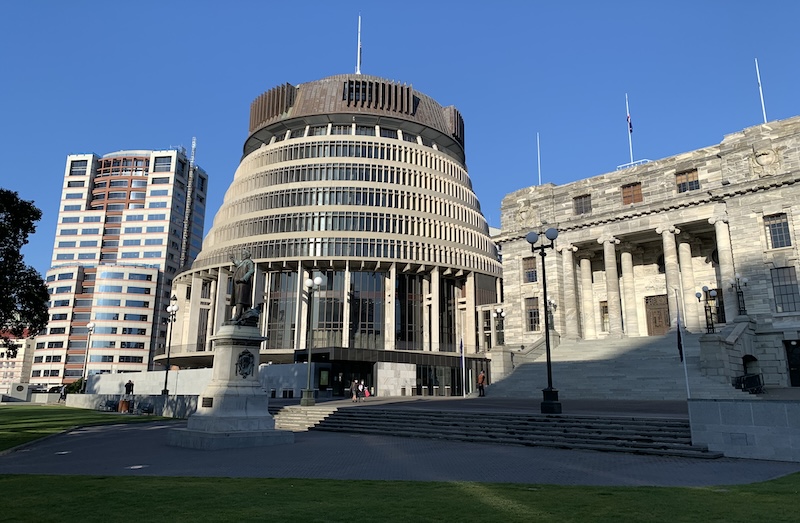Ethnicity must be included in any legislation to make pay gap report mandatory, National Council of Women of New Zealand president Suzanne Manning says (file image).
Photo: 123RF
Ethnicity inclusion in pay gap reporting is a “no-brainer”, the women’s gender equality organisation says.
Businesses would be required to report their gender pay gap in a government bid to increase equity in the workplace. If passed, the legislation is estimated to cover an initial 900 companies.
National Council of Women of New Zealand president Suzanne Manning said women experienced dual disadvantage when it came to race.
“Ethnicity must be included in any legislation to make pay gap report mandatory,” Manning said.
“A lot of our women are double disadvantaged because of their ethnicity, so both must be addressed if it is going to be effective, it is a no-brainer according to us.”
Cross-party involvement was vital when it came to closing gender pay gaps, she said.
“Without cross-party support we are not going to get where we need to go, because this is not going to be fixed in a one three-year term. We need all political parties committed to this kaupapa.”
Manning said the issue went beyond reporting pay gaps – it had to be a more open approach to what people were earning.
“We need to understand the pay gap is not only horizontally, where people in the same level are being paid the same.
“It’s also vertically and we need to look across different occupations to say ‘actually the skills required in this occupation are similar to this other occupation, therefore they should be paid the same. These are all knock on effects.”
The gender pay issue was more complex than most people thought, Manning said.
“A lot of people look ‘my co-worker is paid the same as me, and they are a different gender’, and therefore there is no problem.
“There is too much complacency. Too many people think we don’t have a problem, but they haven’t looked into the evidence.
“This announcement, assuming that makes through to the very end and become law, will provide that evidence to show people that we are not there yet,” Manning said.
‘Long overdue step’ – union
The Public Service Association (PSA) said enforcing pay transparency was long overdue.
“Mandatory reporting of gender pay gaps for large employers is a cautious step in the right direction towards closing the gender pay gap which has failed to budge much in the last decade – women still earn 9 percent less than men on average,” PSA national secretary Kerry Davies.
The plan failed to address those working in smaller corporations, she said.
“The government today committed to consulting with stakeholders on the plan to make large employers – above 250 employees – publish their gender pay gap.
“However, we don’t think this goes far or fast enough as many women are employed by companies employing fewer than 100 workers. It should be all employers if we really want to make a lasting difference.”
Davies said holding companies accountable was crucial to unveiling hidden workplace discrimination.
“Pay gap transparency is important because without it, discrimination is hidden, and this reduces awareness and pressure to address it.
“We know pay transparency works because we’re doing it in the public service. Since 2018 the public service gender pay gap has dropped from 12.2 percent to 7.7 percent.”
Workers also needed transparency by ethnicity, she said.
“Gender and ethnic pay gaps have long-term impacts on quality of life and leave people at higher risk of poverty.
“Pacific women carry a double burden and have the lowest pay rates in the country. We urge the Government to adopt mandatory ethnic pay gap reporting as well.
Davies said the PSA wanted to see all political parties involved in the discussion.
“We urge National and ACT to support this move and commit today that if they form a government after 14 October, they will continue this process.”
Companies should not have anything to fear when publishing pay gap reports, she said.
“Good employers are already doing this, and others should have nothing to fear … It’s simply the right thing to do, and in a tight labour market, it sends a very clear signal of the priority they place on ensuring everyone is treated equally.”





















Discussion about this post